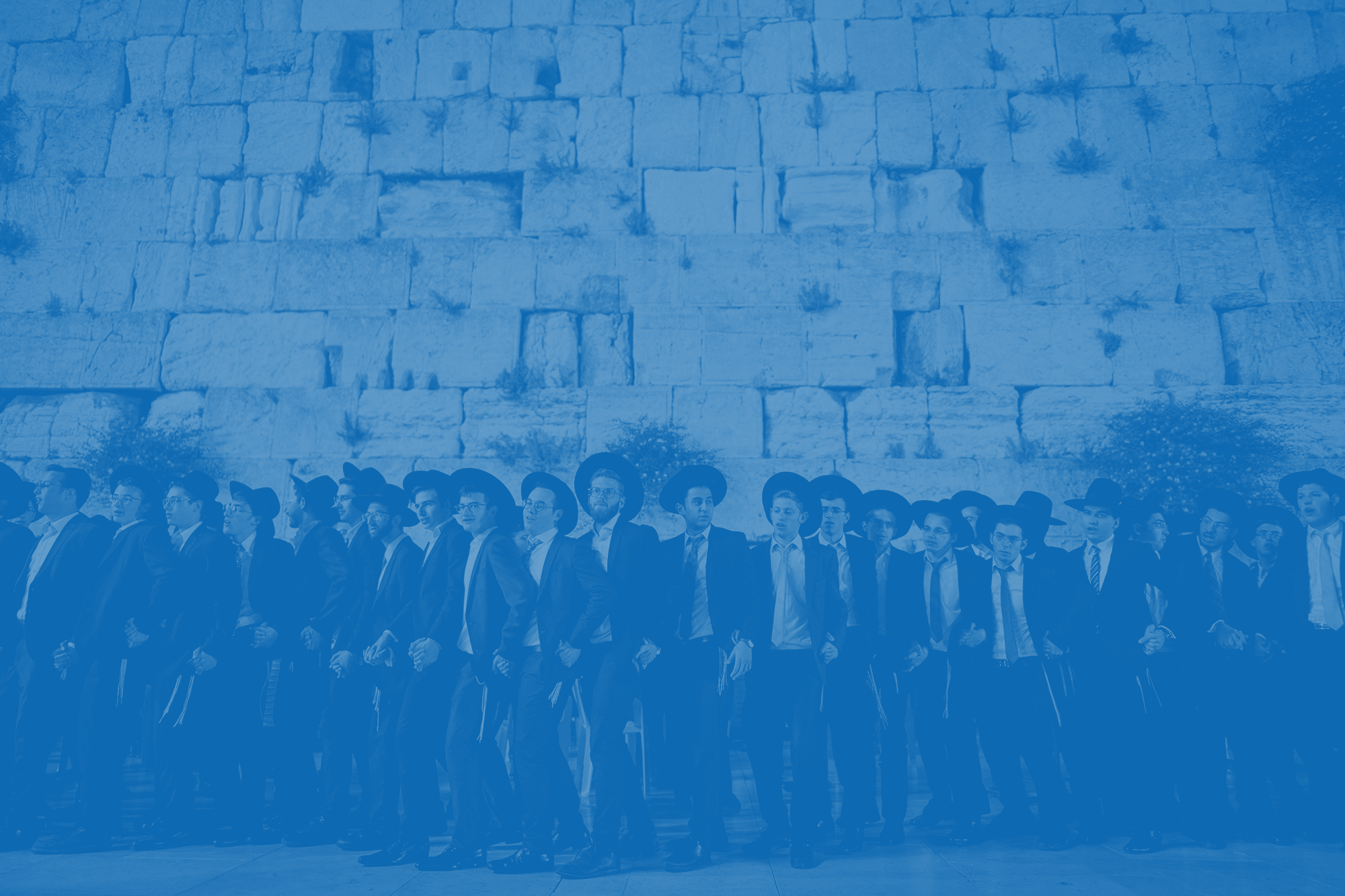Social Mobility
Chap. 6
The Central Bureau of Statistics Social Survey reveals shows that with regard to various aspects of employment, ultra-Orthodox Israelis enjoy less mobility on the job than do non-Haredi Jews. This is the case with regard to wage increases, job promotion, and being given greater responsibility at work. However, the large gaps in these areas exist only among men, while almost no such differences were found between ultra-Orthodox women and other Jewish women. Thus, for example, the rate of ultra-Orthodox women who have being given greater responsibility at work (31%) is very close to that of other Jewish women (34%); but by contrast, only 23% of ultra-Orthodox men have been given greater responsibility, compared with 34% of other Jewish men.
The impact of having children on the employment rate among ultra-Orthodox women is less significant than it was in the past, and is now similar to that among other Jewish women.
Wage Increases by Population Group and Gender
There are significant differences between the ultra-Orthodox and other Israeli Jews in their views on the factors influencing an individual’s social status. Ultra-Orthodox respondents believe that people have only limited control over their own fate, and that divine influence is the most important factor affecting their social status. By contrast, ultra-Orthodox respondents do not attribute great significance in determining an individual’s social status to factors such as higher education, financial situation, or profession. Another difference was found on the question of whether ultra-Orthodox Israelis deserve to benefit from affirmative action in academia or in the workplace: an overwhelming majority of the ultra-Orthodox believes that this should be the case, while only a minority of other Jewish respondents agreed.
** The Statistical Report on Ultra-Orthodox Society in Israel is based on data from the Central Bureau of Statistics, government ministries and authorities, and the National Insurance Institute.













